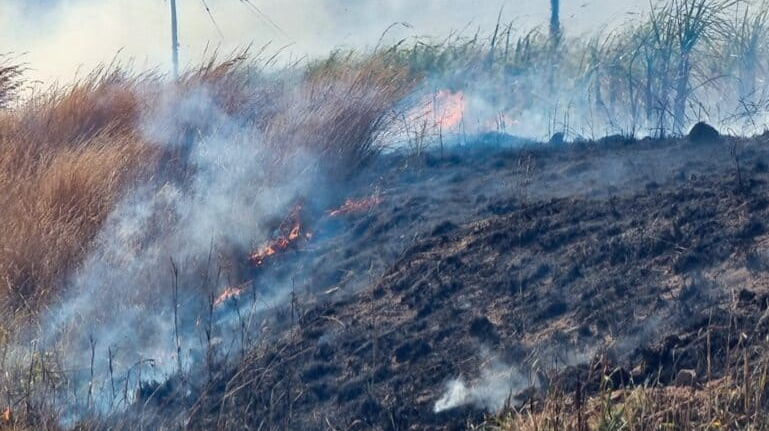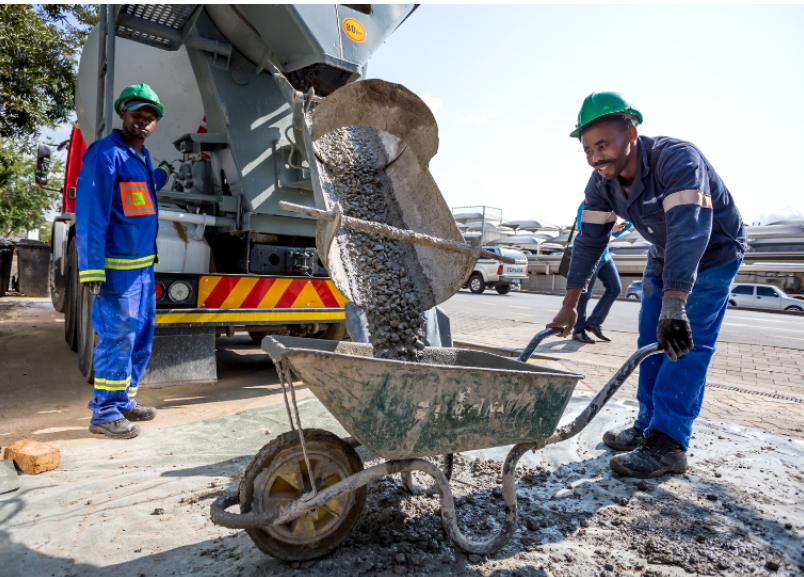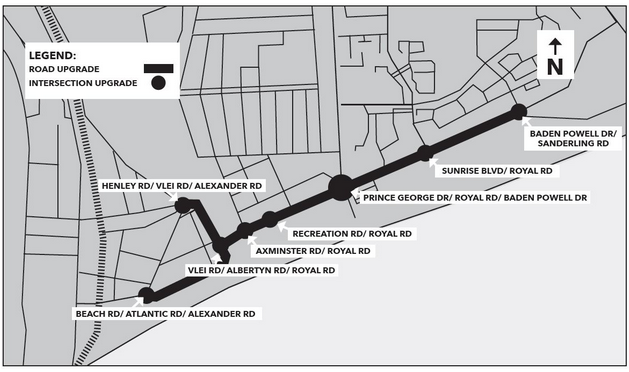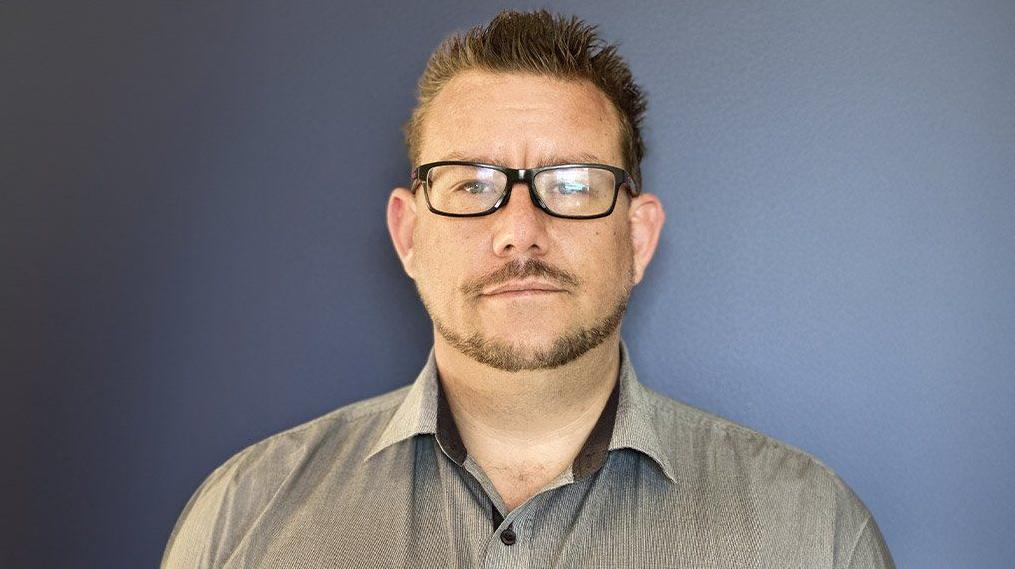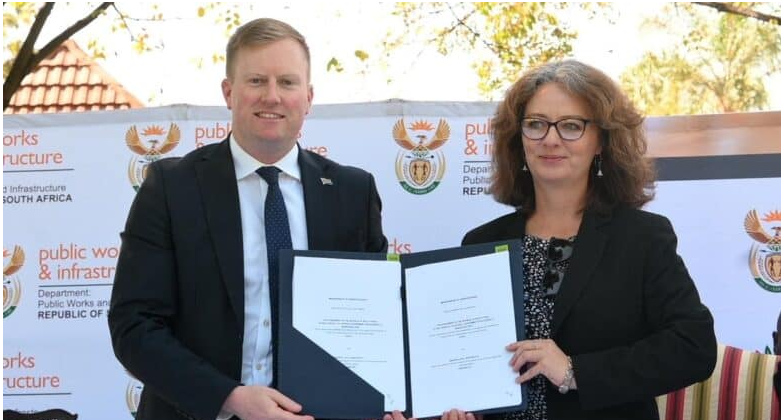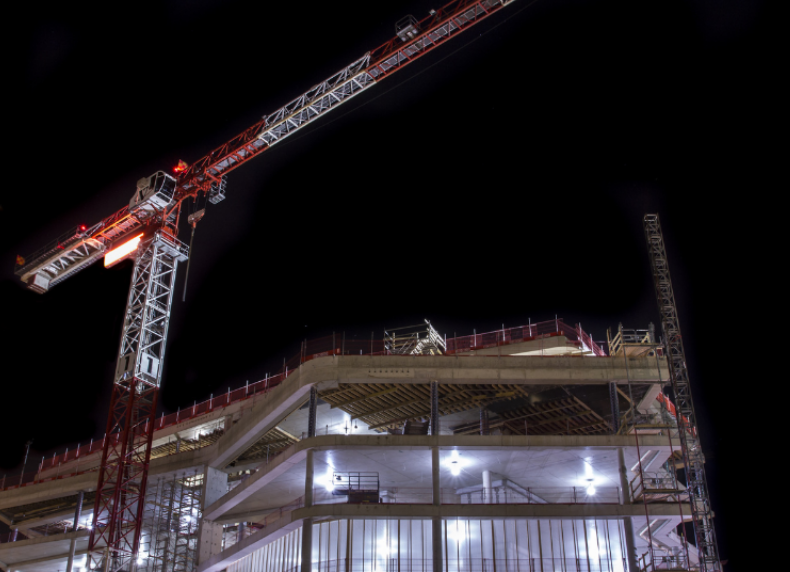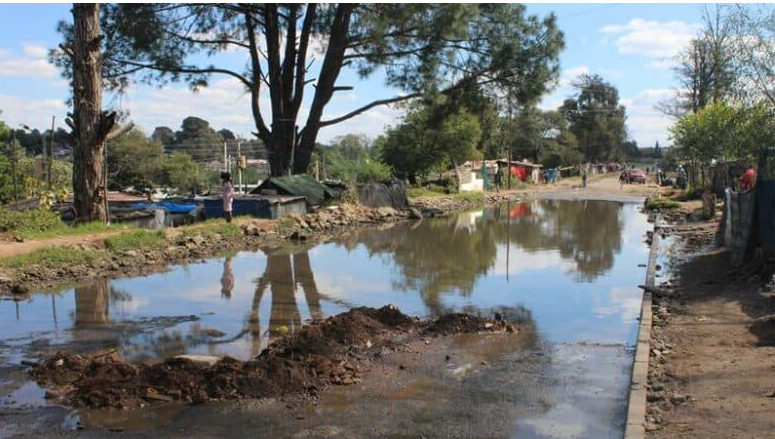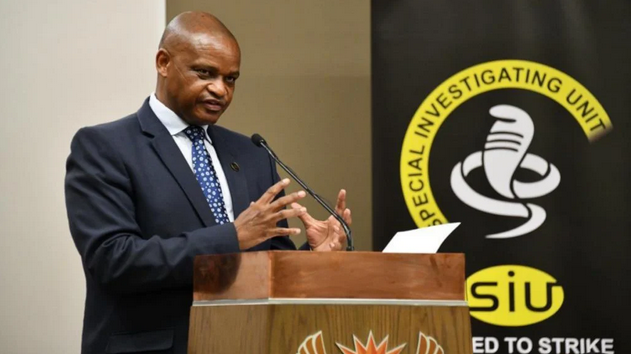Cheap housing firm on JSE's AltX

20-09-2007
Read : 262 times
Property 24
cheap housing firm on jse's altx
rba holdings, the biggest affordable housing company in south africa, will list on the alternative exchange today. property24 spoke to david wentzel, ceo of rba holdings, about the affordable housing market and prospective investment opportunities in this growing market.
rba is listing on the jse's alternate exchange (altx) in order to facilitate the provision of capital for further growth opportunities in this high growth market. r65m will be raised in a private placing: 30m new ordinary shares will be offered for subscription by the company and 35m shares will be offered for sale by existing shareholders to add to the liquidity of the shares on the jse.
property24 reported yesterday that r65m shares were already heavily oversubscribed.
wentzel says that rba should stand for "rapidly building africa" because to date rba has built more than 5,000 homes with another 600 currently under construction in their 20 project areas. rba has a current capacity to deliver 1,200 houses per annum which is the expected output for 2008. the goal is to extend this capacity to 2,000 per annum.
rba's 2006 revenue was r176m with profit attributable to ordinary shareholders at r19m. forecast revenues for 2007 are r235m and r306m for 2008. profit attributable to ordinary shareholders is forecasted at r35m and r46m in 2007 and 2008 respectively. rba has a price earning ratio of around 8,7 based on the 2007 numbers.
the company is predominately active in the lower end of the housing market which wentzel claims is between r250k to r750k.
within this lower end of the market he identifies three housing categories. there is the government subsidised low cost housing which rba is not involved in, then there is a credit linked units which makes use of a loan supplemented with a government subsidy which rba is involved in and above that is the affordable housing market which they specialise in.
investment property
rba has seen investment in the higher end of its market, which includes developments such as cosmo city in johannesburg north and orchids in pretoria north which are in the r650k range.
wentzel notes that the lower end of the market is where the biggest growth is and he believes "there must be a mindset change from people thinking that the lower end of the market is the worst end".
wentzel says "in terms of investment there must be much better return on investment in the affordable housing market than in the 1m to 2m markets because your yield is much higher".
this belief that the lower end of the market is more profitable is supported by rba figures which show that rba has an approximately 9% yield per month on its properties. this is considerably higher than the 0,6% yield in areas such as sandton, says wentzel
in terms of the principal of supply and demand this market has enormous growth potential. according to housing minister lindiwe sisulu there is a 2,2m backlog of housing in the country; 650,000 of which are in the affordable housing market. the banking association of south africa indicates that there will be a need for 149 000 affordable homes by 2010 - a figure which increases year-on-year.
as the biggest player in the affordable housing market, wentzel says they turn over about 1,000 homes a year which does not even scratch the estimates of the banking association, but they do expect this figure to grow by 20% to 30% year on year. according to the financial charter banks have pledges to supply r42bn to the affordable housing market in a five-year period ending in 2008, says wentzel.
so there appears to be enough money available for affordable housing and there is plenty of demand and what seems to be lacking is the serviced land for these developments.
rba developments
at the moment rba has a number of developments on its books that start at r290k and go up to about r500k. four of these developments are in tshwane, one is in midrand, two in the south and west of johannesburg, one in the north of johannesburg, two on the east rand and one in vereeniging.
wentzel says rba is currently only operational in gauteng and polokwane but they have identified opportunities in cape town and pietermaritzburg. but these are more long-term plans that will filter out over the next 10 to 15 years, says wentzel. but he says that they are predominately based in gauteng because "there is enough economic activity in this province to keep rba in demand there".
rba's target market for its housing developments is the black middle class, which wentzel notes "has grown phenomenally over the past ten years". in the past 15 months alone this market has grown by 30%. the average person that would buy an rba home earns a gross salary of between 10k and 25k, which is usually a combined salary.
rba's bee strategy
made up of eleven companies, rba's bee accreditation comes from the four pam golding franchises which are 60% bee owned and 40% rba owned.
the company also plans on offering its employees a share incentive - 85% of rba employees are from previously disadvantaged backgrounds. rba has in addition allocated part of its listing to two bee companies and the names of these firms can only be made public after the listing.
Recent News
Here are recent news articles from the Building and Construction Industry.
Have you signed up for your free copy yet?
